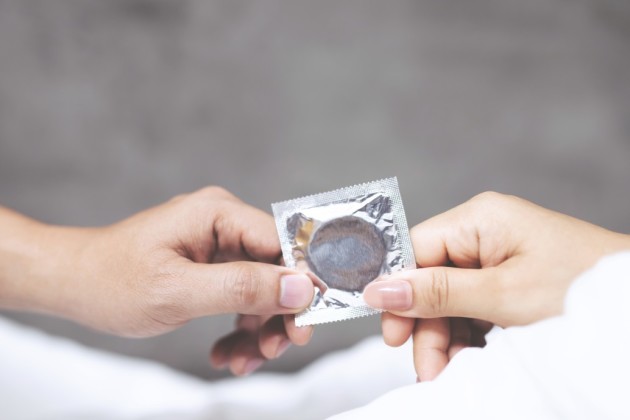
It’s World Contraceptive Day: we’ve come a long way
The Republic of Ireland has a long, complicated history with contraception.
Today, we take our contraception for granted. Most of us cannot fathom a world where we would have to produce a marriage certificate in order to buy a packet of condoms or pick up our pill prescription at the doctor's surgery. We feel ill at thought of having no contraceptive options at all. It's hard to believe that this was the case for our grannies and those who went before them.
Today, September 26th, is World Contraception Day. It is important to reflect on our journey with contraception and honour those who lead our nation to where it is today: a place where we can plan our families and control our lives and bodies without outside forces intervening.

Contraception was completely illegal in the Republic of Ireland from 1935 to 1980. Here are a few memorable dates along the way:
1971
All contraception was illegal in the Republic at this stage. A family of 12 would not have been unusual (ouch!) and pretty much everyone was Catholic. However, just a short train ride away, the North of Ireland, under British law, was not as conservative.
Lead by revolutionary Nell McCafferty, 47 members of the Irish Women’s Liberation Movement known as the ‘Contraceptive Train’, made their way from Dublin to Belfast to buy the contraceptive pill in protest. On returning to Dublin they declared the items to customs officials at Connolly Station, refusing to surrender them at risk of arrest.
The event garnered significant press coverage and was a watershed moment for women’s rights, helping to break the taboo against the discussion of contraception. People marched on the platform shouting ‘let them go’. It was a remarkable moment in time – the women of the South of Ireland were rising.
BBC Witness: The stories of our times told by the people who were there.
1973
Represented by a young Mary Robinson, a mother named Mary McGee won a landmark case against the state. In a ruling that sparked many others, the Supreme Court found that the constitutional right to martial privacy included the use of contraceptives (McGee v The Attorney General)
Unfortunately, the government could not change the law straight away, due to pressure from a conservative society under the thumb of the Roman Catholic Church. It took almost 7 years for things to progress.

1980
Under Charlie Haughey, Minister of Health at the time, a bill was passed legalizing the provision of contraceptives for family planning purposes. This meant that a married couple with a prescription could buy condoms and spermicide from a pharmacy.
This small step was not acceptable to the women of the South. Over the next few years, grassroots movements, made up of many relentless Irish heroines, grew and fought for us to access contraceptives out of wedlock and without prescription. This idea caused a lot of contention. Families were divided on the issue, especially those with a strong Catholic background which at the time, was a majority. Though it seems completely archaic now, The Catholic Church warned the people that the use of contraceptives would bring on a rapid ‘moral decay’ of the Irish people.

1985
The Health (Family Planning) (Amendment) Act, 1985, was one more step towards what we know and love today. Condoms and spermicide could now be sold over the counter to women over 18 without a prescription.
1992
This was extended to under 17s. With this, our extremely conservative censorship laws were slowly scrapped one by one, so that contraception could be named in the media, advertised publicly and educated on in the wider population.
We are no historians, and this is just a brief overview to mark the day but this journey has got us thinking; What would life have been like growing up before contraception was an option? How can we thank these incredible women who fought for these critical advancements in the law and society?

The best way to honour these feminist trailblazers is to educate ourselves and our children as best we can on contraception. Taking control over our bodies is a gift, so make sure you find the right contraception for you by talking to your doctor. You can even visit the government’s official website sexualwellbeing.ie for info – isn’t amazing how far we have come?
Sources:






